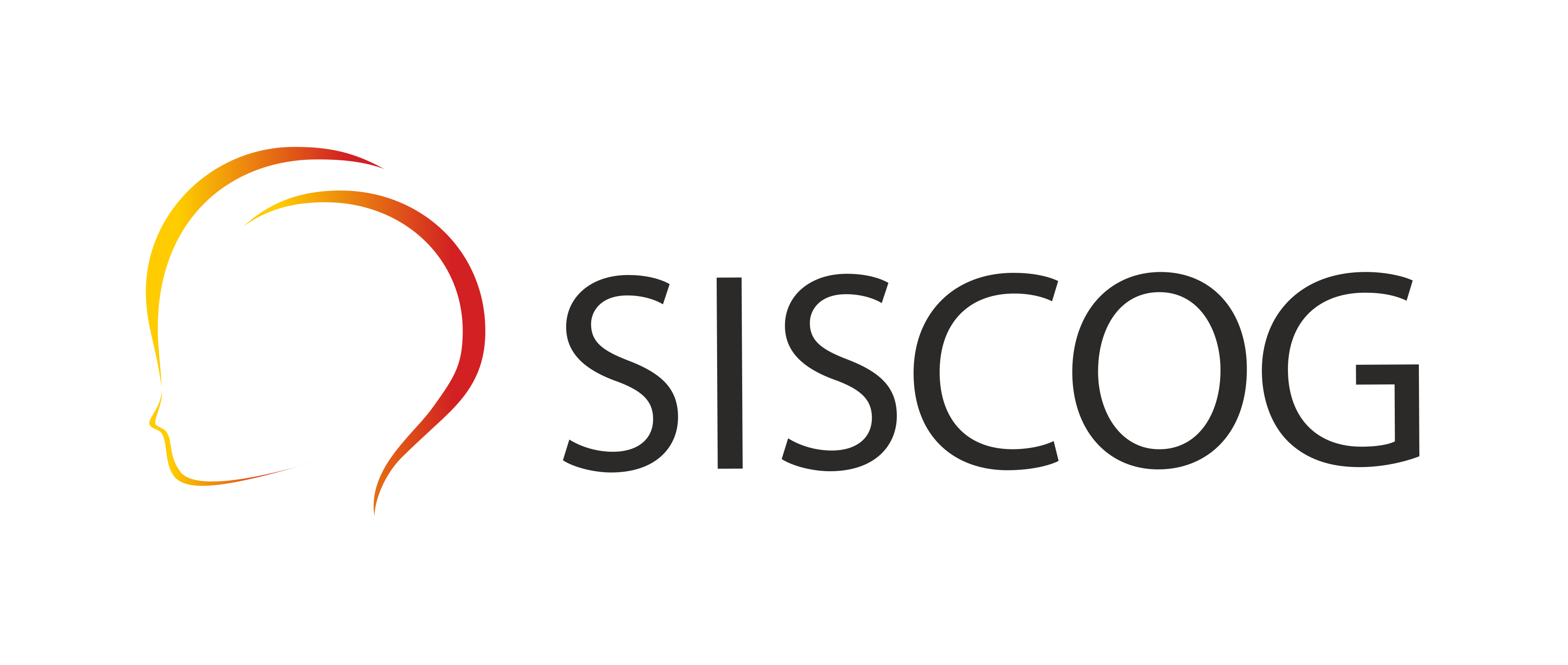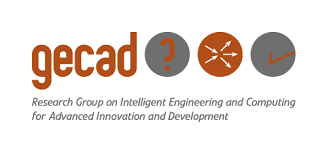Artificial Intelligence in Cyber-Physical and Distributed Embedded Systems (AICPDES)
The aim of this thematic track is to present recent works on the use of Artificial Intelligence (AI) in the context of cyber-physical and distributed embedded systems, including the growing need for “Smart Systems” which present intrinsic relationship between AI and hardware, software and human participants. Research in this area comprises Internet of Things (IoT), collective robotics, smart grids, smart cities, etc. Regarding the field practical aspects, scientific and demonstration papers can address applied research on how models and technologies from AI particularly meet the following challenges:
- Integration of services/data carried by CPS;
- Models and paradigms to enable interaction between CPS;
- Human position in the cyber-physical world (ethics, security, confidentiality, protection of privacy, access control to the information carried by the objects);
- Discovery, composition and management of “physical” services.
Topics of Interest
The contribution of papers must be related to artificial intelligence including:
- Specification and modelling,
- Design methodology,
- Pervasive trust and privacy,
- Cyber-Physical Systems governance,
- Self-* properties,
- Simulation of software/hardware mixed agent systems,
- Authentication and Authorization,
- Physical service description, planning, coordination and composition
- Communication networks and middleware,
- Things “social” aspect (identification and management of things communities),
- Specific decentralized architectures,
- Integration of complementary technologies, such as multi-agent systems, service-oriented architectures, wireless sensor networks and cloud technologies
- Robustness, adaptation, reconfiguration, self-organization and other self-* properties in CPS
- Real time aspects in thing decision making,
- Information retrieval and management,
- Power-efficient design,
- Intrusion Detection and Processing Dependability and fault tolerance,
- Analysis and validation of CPS agent based systems
- CPS for Industry 4.0
- Case studies.
Paper Submission Instructions
All accepted papers will be published by Springer in a volume of Springer’s Lecture Notes in Artificial Intelligence (LNAI) corresponding to the proceedings of the 19th EPIA Conference on Artificial Intelligence, EPIA 2019.
Submissions must be original and not published elsewhere. Papers should not exceed twelve (12) pages in length and must adhere to the formatting instructions of the conference. Each submission will be peer reviewed by at least three members of the Program Committee. The reviewing process is double blind, so authors should remove names and affiliations from the submitted papers, and must take reasonable care to assure anonymity during the review process. References to own work may be included in the paper, as long as referred to in the third person. Acceptance will be based on the paper’s significance, technical quality, clarity, relevance and originality. All accepted papers must be presented orally the conference by one of the authors and at least one author of each accepted paper must register for the conference.
This track also accepts short papers submissions (maximum of 6 pages) for position papers, and work in progress. he registration fee is the same for regular and short papers. In case of acceptance authors will have the same time for paper presentation.
All papers should be submitted in PDF format through the EPIA 2019 EasyChair submission page. Prospective authors should select the thematic track to which their paper is to be submitted.
Important Dates
Paper submission deadline (Extended) : April 15, 2019 April 30, 2019
Notification of paper acceptance: May 31, 2019, June 7, 2019
Camera ready papers deadline: June 15, 2019, June 21, 2019
Conference dates: September 3-6, 2019
Organizing Committee
Thiago RPM Rúbio, University of Porto, Portugal
Jean-Paul Jamont, University of Grenoble Alpes, France
Paulo Leitão, Polytechnic Institute of Bragança, Portugal
Program Committee
Adriano Pereira, Federal University of Minas Gerais, Brazil
Alberto Fernández, Universidad Rey Juan Carlos, Spain
Alois Zoit, Fortiss Gmbh, Germany
Benjamim Gateau, Luxembourg Institute of Science and Technolog, Luxembourg
Christopher Frantz, University of Otago, New Zealand
Florentino Riverola, Universidad de Vigo, Spain
Gauthier Picard, ENS Mines Saint-Etienne, France
José Barbosa, Polythecnic Institute of Bragança, Portugal
Laurent Vercouter, LITIS lab, INSA de Rouen, France
Luis M. Camarinha-Matos, New University of Lisbon, Portugal
Marco Mendes, Schneider Electric Automation GmbH, Germany
Marie-Pierre Gleizes, IRIT – Université de Toulouse, France
Marin Lujak, Ecole des Mines de Douai, France
Michael Mrissa, Université de Pau et des Pays de l’Adour, France
Michel Occello, Univ. Grenoble Alpes, France
Miguel Rebollo, Universitat Politècnica de València, Spain
Olivier Boissier, ENS Mines Saint-Etienne, France
Senén Barro, Universidad de Santiago de Compostela, Spain
Simon Mayer, University of St. Gallen and ETH Zurich, Swiss
Stamatis Karnouskos, SAP, Germany
Tiberiu Seceleanu, ABB Corporate Research, Sweden
Zafeiris Kokkinogenis, University of Porto, Portugal


















